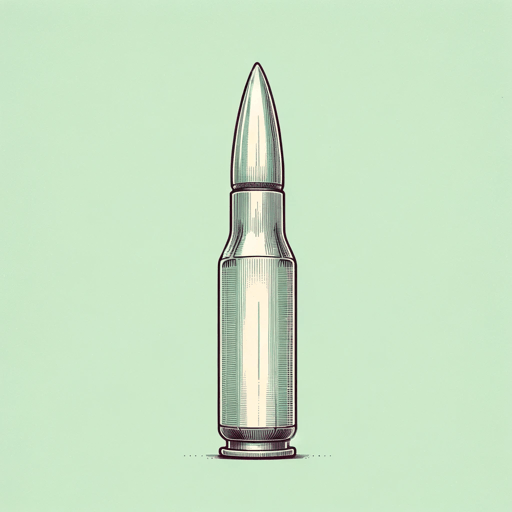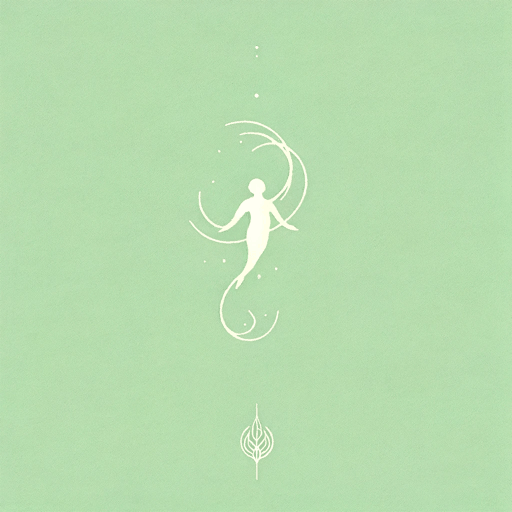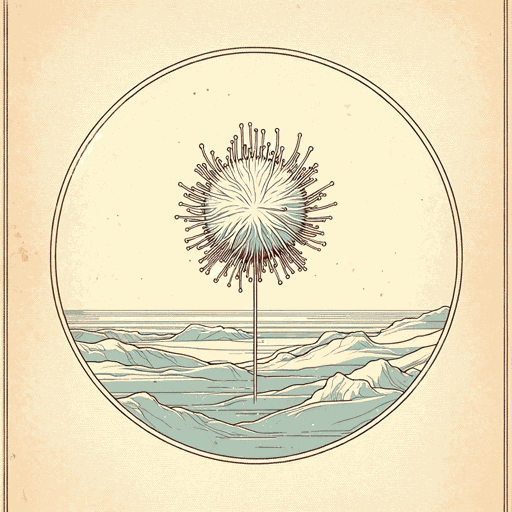62 pages • 2 hours read
Brandon SandersonElantris
Fiction | Novel | Adult | Published in 2005A modern alternative to SparkNotes and CliffsNotes, SuperSummary offers high-quality Study Guides with detailed chapter summaries and analysis of major themes, characters, and more.
Important Quotes
“The huge Elantrian walls were impossible to ignore, but the people of Kae tried very hard to do just that. It was painful to remember the city’s beauty, to wonder how ten years ago the blessing of the Shaod had become a curse instead.”
(Part 1, Chapter 1, Page 27)
This sets up the key tension that drives the novel: The mysterious power of Elantris was broken 10 years before the story begins, by means unknown, and the transformation that once blessed people with near-divine, magical status now turns them into living corpses who feel only hunger and pain. As well as being a main setting in the book, Elantris functions as a powerful symbol and a dark shadow over the prosperity of Kae.
“She felt more than alone; she felt rejected—again. Unwanted. She had waited all these years, suffered by a patient father who didn’t know how the men of her homeland avoided her, how they were frightened by her forward, even arrogant personality. At last she had found a man who was willing to have her, and Domi had snatched him away at the last moment.”
(Part 1, Chapter 2, Page 48)
Sarene’s motivations and her internal conflicts stem from her insecurities about how she is perceived. The novel critiques traditional gender roles, showing how Sarene suffers because she does not live up to expectations of being dainty and submissive. But she also longs for romance and connection, traits which help humanize her.
“Memories of the Duladen revolution were still stark in Hrathen’s mind—the death, blood, and chaos. Such a cataclysm had to be avoided. Hrathen was a stern man, and a determined one, but he was no lover of carnage.”
(Part 1, Chapter 6, Page 83)
Hrathen’s sense of duty is the defining aspect of his character. Here, however, we also see his ethical principles and internal motivations. Hrathen’s recovery of his personal faith—and his conclusion that faith cannot be compelled—guides his character development.
Related Titles
By Brandon Sanderson

Mistborn: The Final Empire
Brandon Sanderson

Oathbringer
Brandon Sanderson

Rhythm of War
Brandon Sanderson

Shadows of Self
Brandon Sanderson

Steelheart
Brandon Sanderson

The Rithmatist
Brandon Sanderson

The Way of Kings
Brandon Sanderson

Tress of the Emerald Sea
Brandon Sanderson

Words of Radiance
Brandon Sanderson

